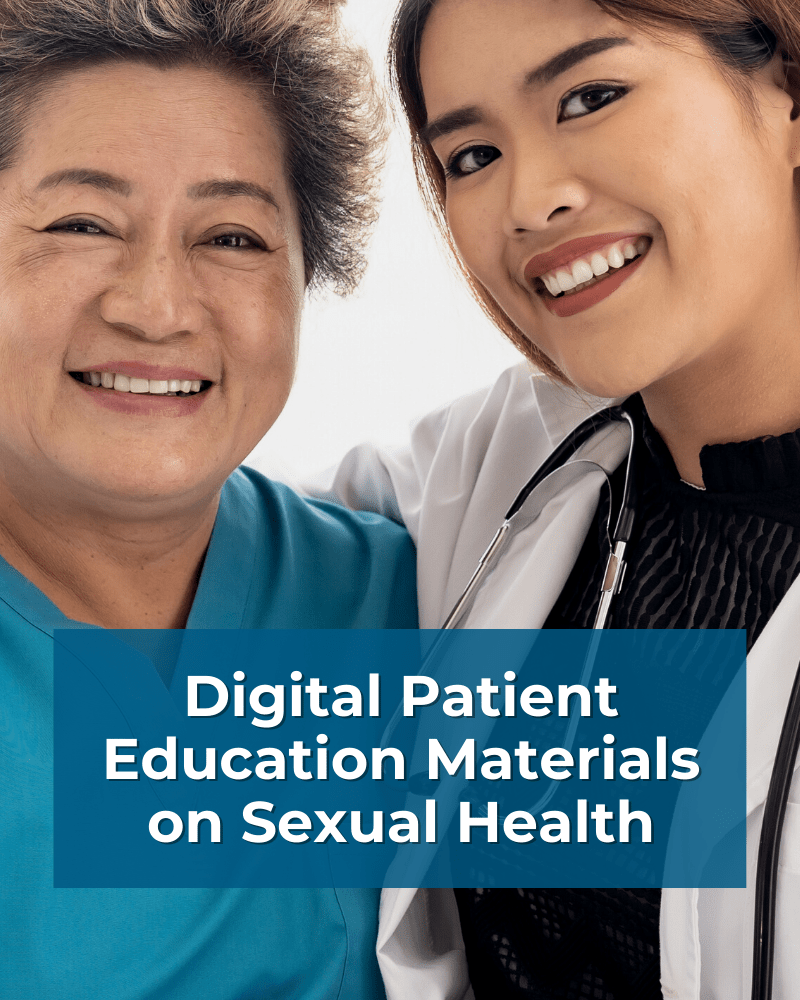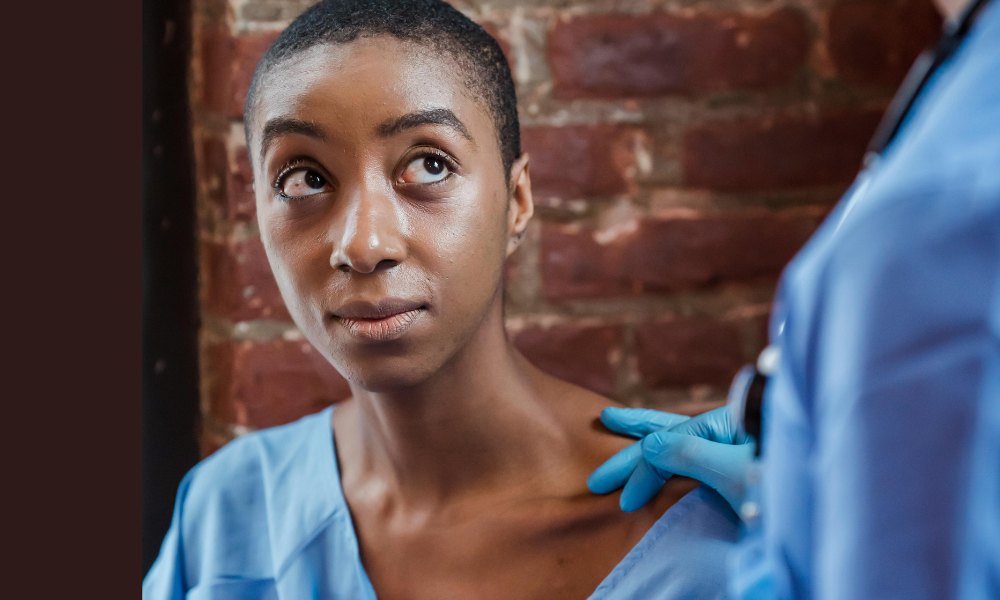Resources for Health Care Providers
Get sexual health resources, education, and more
Sign up for ASHA’s enewsletter designed for health care providers to get the latest on resources for both you and your patients. You can unsubscribe at any time.
ASHA is committed to developing tools and educational materials to help providers meet the sexual health needs of their patients, as well as guiding providers to resources to help improve patient care. This section of our site is designed to serve as a clearinghouse of information on sexual health for health care professionals, including:
Words Matter: Minimizing STI Stigma in Healthcare Settings
ASHA has developed a webinar and five e-learning modules that explore the stigma around STIs, the ways bias and assumptions can impact patient care, and the importance of language choices to minimize stigma. Included is a self assessment module that allows you to examine your own beliefs and values around sexual behavior, sexual orientation, gender identity, and STIs. The content concludes with a series of patient scenarios to help you put the ideas into practice.

